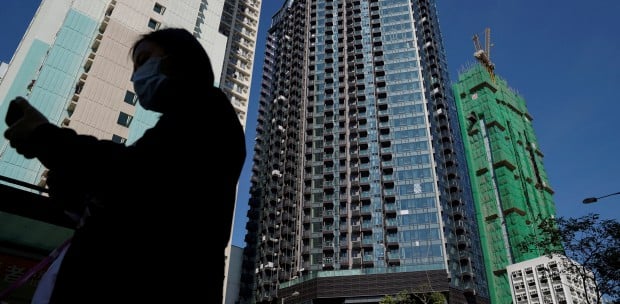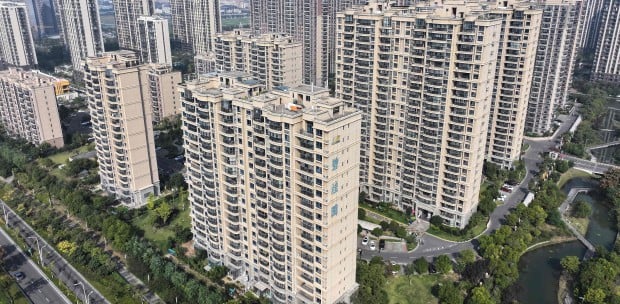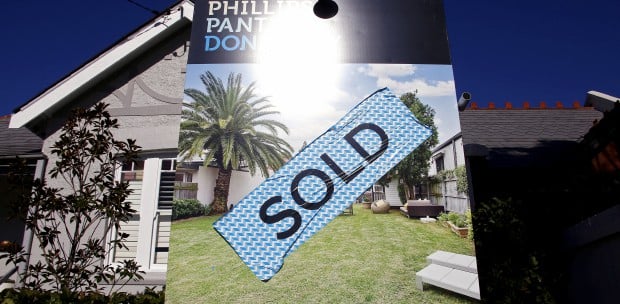BEIJING: China's new home prices dropped for an eighth straight month in February, official data showed on Friday, suggesting the fragile property market is struggling to find a bottom despite a slew of measures to shore up the sector.
New home prices fell 0.3% month-on-month, in line with January's decline, according to Reuters calculations based on National Bureau of Statistics (NBS) data.
On a year-on-year basis, prices fell 1.4 per cent, faster than the 0.7 per cent drop in January and the biggest decline in 13 months.
The property sector has lurched from one crisis to another since 2021 after a regulatory crackdown on developers' high leverage led to a liquidity crisis.
So far, authorities have not rolled out massive stimulus to support developers, but have instead taken incremental steps to revive the sector but to limited effect.
Analysts attributed the price declines to a slow season and disruptions caused by the eight-day Lunar New Year break.
"It will take time for demand, home buyers' income and confidence to recover this year," said Zhang Dawei, an analyst at property company Centaline, who expects prices in first-tier cities to grow slightly in March.
China in January launched a "whitelist" mechanism that orders state banks to boost lending to residential projects. More big cities including Shanghai and Shenzhen have also eased purchase curbs to lure homebuyers.
Home prices fell in 59 cities in February, up from 56 the previous month. Three of the four first-tier cities, including Beijing and Shenzhen, registered a month-on-month decline in prices last month.
"Declining property prices will create a negative wealth effect, acting as a headwind to consumption," said Lynn Song chief economist, Greater China at ING.
"Measures including scrapping purchase restrictions, property project whitelists, and the February cut to the 5-year loan prime rate to help lower mortgage rates are steps in the right direction, but further supportive policies may still be needed."
China last month announced its biggest ever reduction in the benchmark mortgage rate to prop up the struggling property market.
Premier Li Qiang in his government work report to the parliament earlier in March, vowed to stabilise the property sector with targeted measures while providing financing to "justified" projects.
Hwabao Trust economist Nie Wen said sales in first-tier cities will improve in March, but that it remains to be seen whether overall property sales can bottom out.
The statistics bureau will release data on property sales and investment on Monday.





